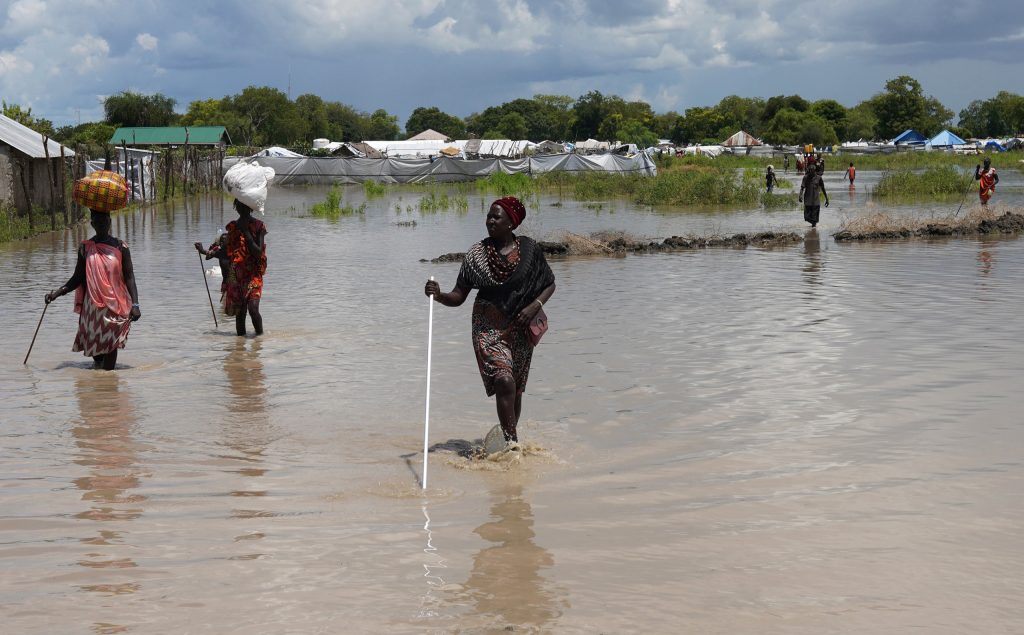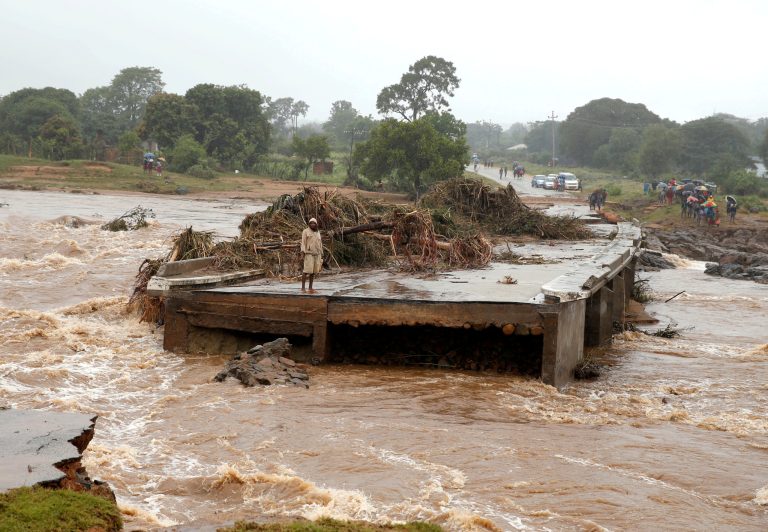Human-caused climate change has worsened the severe floods that have killed hundreds and displaced millions across Cameroon, Chad, Niger, Nigeria, and Sudan this year, according to a study released on Wednesday. The devastating rainy season has triggered a humanitarian crisis throughout the Sahel region, exacerbating the challenges faced by already vulnerable populations.
The World Weather Attribution (WWA) network’s study found that warming driven by fossil fuel use intensified the flooding in Sudan, with climate change likely increasing rainfall intensity by 5 to 20 percent across the Niger and Lake Chad basins. This comes after similar findings from 2022’s floods.
“This is only going to keep getting worse if we keep burning fossil fuels,” said Clair Barnes from Imperial College London. She warned that without action, such extreme weather events could become an annual occurrence if global temperatures rise by 2°C above pre-industrial levels.

Global warming has far-reaching effects beyond temperature rises, contributing to more intense storms and rainfall. In Sudan, where millions are displaced due to conflict, the study found that month-long downpours have become heavier and more frequent due to climate change.
Izidine Pinto, one of the study’s authors, expressed concern that the risk of extreme flooding will continue to rise with each fraction of a degree of warming. The study also highlighted the need for better infrastructure and early warning systems, while stressing the importance of urgent action at the upcoming COP29 summit to reduce reliance on fossil fuels.


